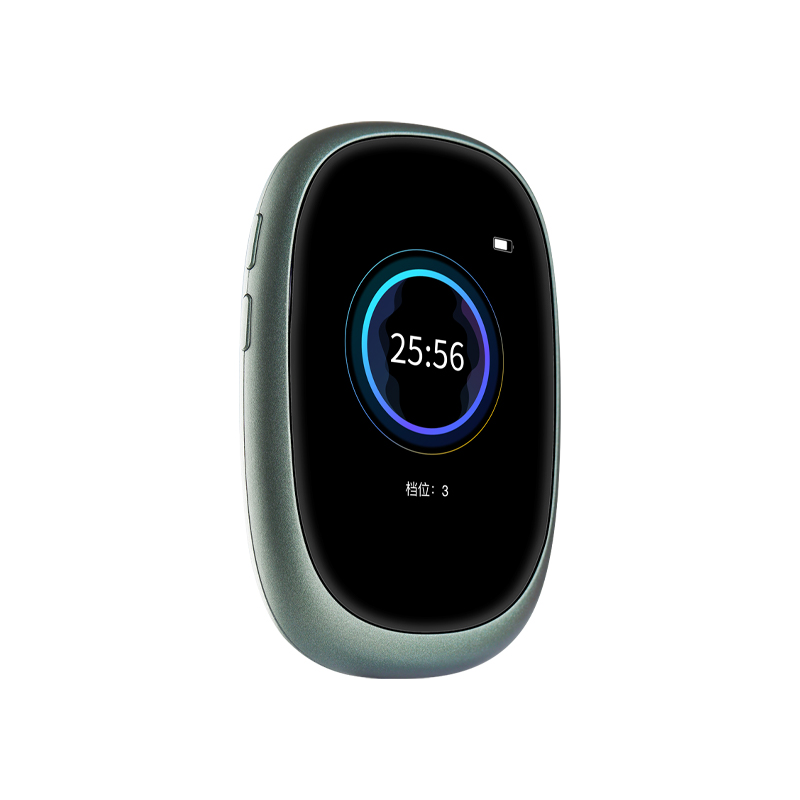
The Future of Sleep Technology: Trends in Cutting-Edge Sleep Aid Instruments
2024-03-21 00:04:27

Sleep plays a vital role in our overall well-being, impacting our physical, mental, and emotional health. With the advancement of technology, the field of sleep research and aid instruments has witnessed remarkable growth, paving the way for cutting-edge innovations that enhance sleep quality. This article explores the trends and advancements in sleep aid instruments, showcasing the potential of technology to revolutionize sleep patterns and improve sleep disorders.
1. Smart Sleep Trackers: Monitoring and Analyzing Sleep Patterns
The first breakthrough in sleep technology is the development of smart sleep trackers. These devices, worn on the wrist or placed by the bedside, monitor various sleep parameters such as heart rate, body movement, and snoring patterns. By utilizing advanced algorithms, they provide detailed analysis of sleep stages and quality, offering valuable insights into the user's sleep patterns. This data can help individuals identify factors affecting their sleep and make necessary adjustments for better sleep hygiene.
2. Dynamic Light Solutions: Regulating Circadian Rhythms
Circadian rhythms, the 24-hour cycles that regulate our sleep-wake patterns, can be disrupted by artificial lighting. To combat this, dynamic light solutions have emerged as a promising technology. These systems mimic natural lighting conditions, adjusting the color temperature and intensity of light throughout the day. By promoting the production of sleep-inducing hormone melatonin at night and suppressing it during the day, these lights help regulate the body's internal clock, resulting in improved sleep quality and daytime alertness.
3. Intelligent Sleep Surfaces: Personalized Comfort and Support
Intelligent sleep surfaces, such as smart mattresses and pillows, are revolutionizing the way we sleep. Equipped with sensors and actuators, these surfaces adjust themselves dynamically to provide personalized comfort and support based on the user's body position and movements. By continuously adapting to the sleeper's needs, these technologies alleviate pressure points, reduce pain, and promote proper spinal alignment, ensuring a more restful and rejuvenating sleep experience.
4. Neuroscience-Based Sleep Therapy: Enhancing Deep Sleep
Deep sleep is crucial for physical and cognitive restoration. Neuroscience-based sleep therapy devices leverage cutting-edge techniques, such as transcranial magnetic stimulation (TMS) and neurofeedback, to enhance deep sleep. TMS stimulates specific brain regions associated with deep sleep, while neurofeedback helps individuals train their brains to achieve deeper and more restorative sleep. These non-invasive techniques show promising results in combating sleep disorders like insomnia and sleep apnea.
5. Sound and Aroma Therapy: Creating a Tranquil Sleep Environment
The use of sound and aroma therapy has gained popularity as a natural sleep aid. Specialized sleep devices emit soothing sounds like white noise, calming melodies, or nature sounds that promote relaxation and mask disturbing noises. Additionally, aromatherapy devices diffuse essential oils known for their sleep-inducing qualities, such as lavender or chamomile. Together, these technologies create a tranquil sleep environment, reducing anxiety and stress, and facilitating an uninterrupted and peaceful sleep.
Conclusion:
Advancements in sleep technology present exciting opportunities to overcome various sleep-related challenges. From smart sleep trackers that monitor sleep patterns to intelligent sleep surfaces that provide personalized comfort, these innovative instruments have the potential to transform the way we sleep. By harnessing the power of technology, we can pave the way for a future where restful and rejuvenating sleep is accessible to everyone, leading to a healthier and more productive society.
Get the latest price? We'll respond as soon as possible(within 12 hours)




